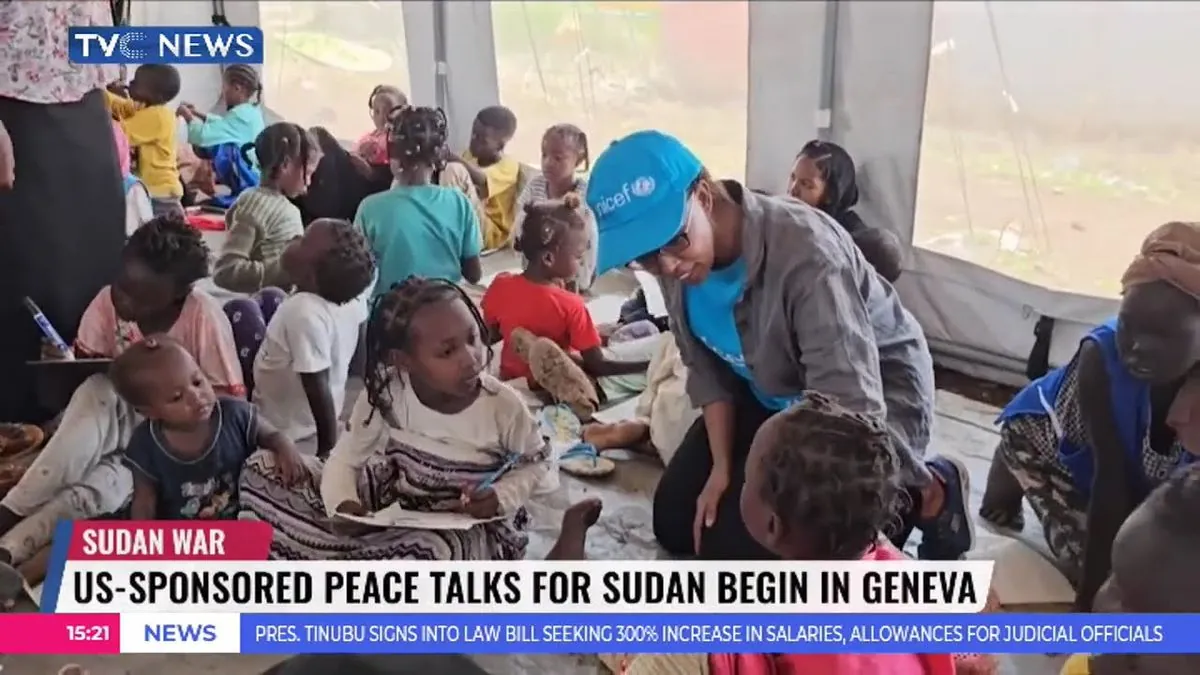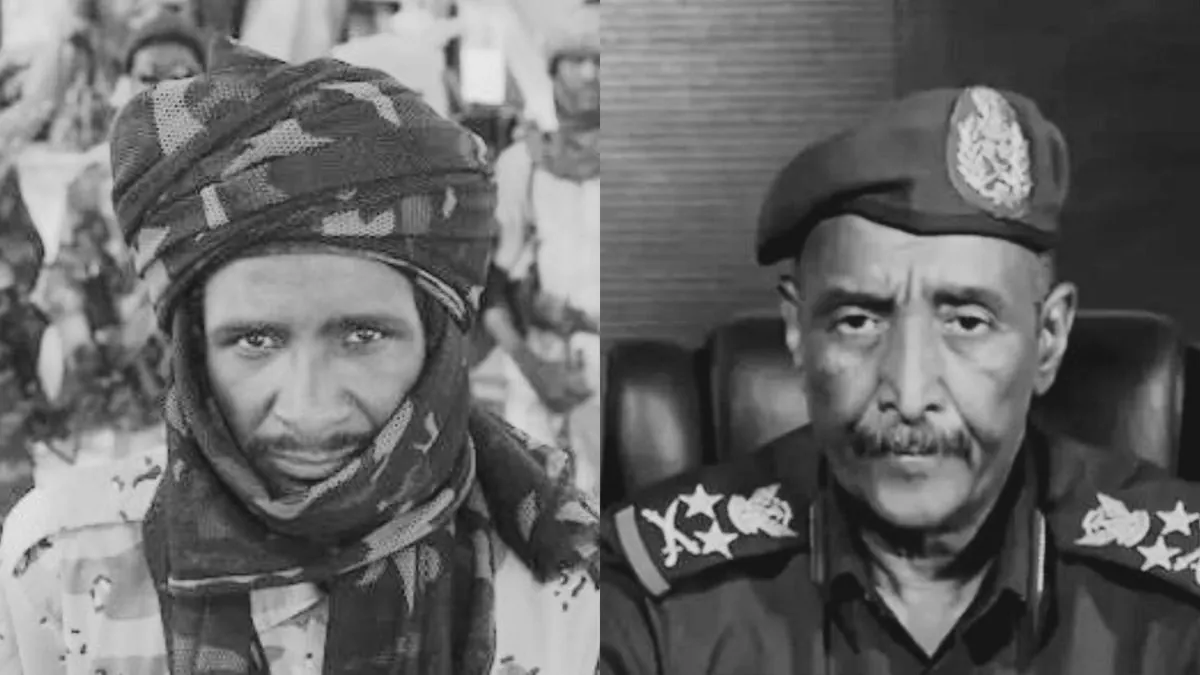Sudan Peace Talks Begin in Geneva Amid Ongoing Humanitarian Crisis
U.S.-led peace talks for Sudan commenced in Geneva, with key warring parties absent. The negotiations aim to address the severe humanitarian crisis in the conflict-torn nation, where millions face displacement and starvation.

U.S.-led peace negotiations for Sudan began in Geneva, Switzerland, aiming to resolve the ongoing conflict that has devastated the northeastern African nation. The talks, which commenced on August 14, 2024, face significant challenges due to the absence of key warring parties.
Sudan, the third-largest country in Africa by area, has been embroiled in a brutal conflict since April 2023. This latest turmoil adds to the nation's tumultuous history, which includes two prolonged civil wars since gaining independence from the United Kingdom in 1956.
The peace talks brought together diplomats from Saudi Arabia, Egypt, the United Arab Emirates, the African Union, and the United Nations. However, Sudan's military did not send representatives, and the participation of the Rapid Support Forces (RSF) remains unclear.

The absence of these key parties raises concerns about the effectiveness of the negotiations. Tom Perriello, U.S. Special Envoy for Sudan, shared a statement on social media platform X, emphasizing the focus on humanitarian access and cessation of hostilities.
Sudan's conflict has resulted in one of the world's worst humanitarian crises. Over 10.7 million people have been displaced, with more than 2 million fleeing to neighboring countries. This displacement crisis is exacerbated by the country's diverse geography, which ranges from arid regions in the north to tropical wet-and-dry climates in the south.
The war has had devastating consequences, including mass rape and ethnically motivated killings. These atrocities have been described as war crimes and crimes against humanity by the UN and international rights groups. The situation is particularly dire in Darfur, where the conflict that began in 2003 has been called the first genocide of the 21st century.
"There is no peace while the rebel militia occupies our homes, cities and villages and besieges them. There is no cessation of hostilities without the withdrawal and exit of up to the last militia from the cities and villages that they have plundered and colonized."
Gen. Abdel-Fattah Burhan, Sudan's military leader, has set conditions for the military's participation in peace talks. He demands that the RSF cease occupying civilian homes before discussing a ceasefire. This stance complicates efforts to bring all parties to the negotiating table.
The humanitarian situation in Sudan continues to deteriorate. Famine has been confirmed in a massive camp for displaced people in Darfur. Experts warn that about 25.6 million people – more than half of Sudan's population – face acute hunger. This crisis is particularly tragic given Sudan's rich agricultural potential, with cotton being a major export.
As peace talks continue, the international community remains hopeful for a resolution. However, the path to peace is fraught with challenges, reflecting the complex history and diverse ethnic makeup of Sudan, a country with over 500 ethnic groups speaking numerous languages.


































